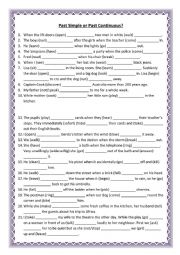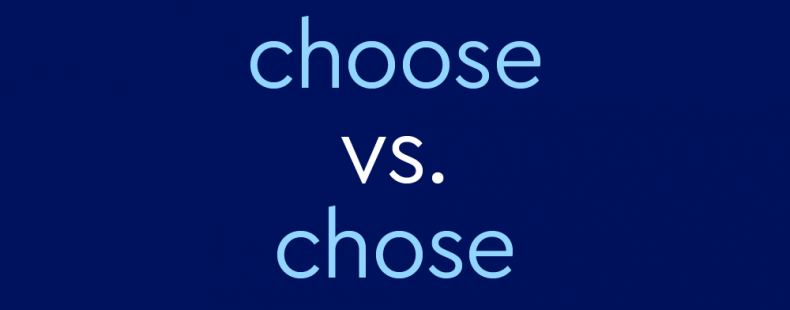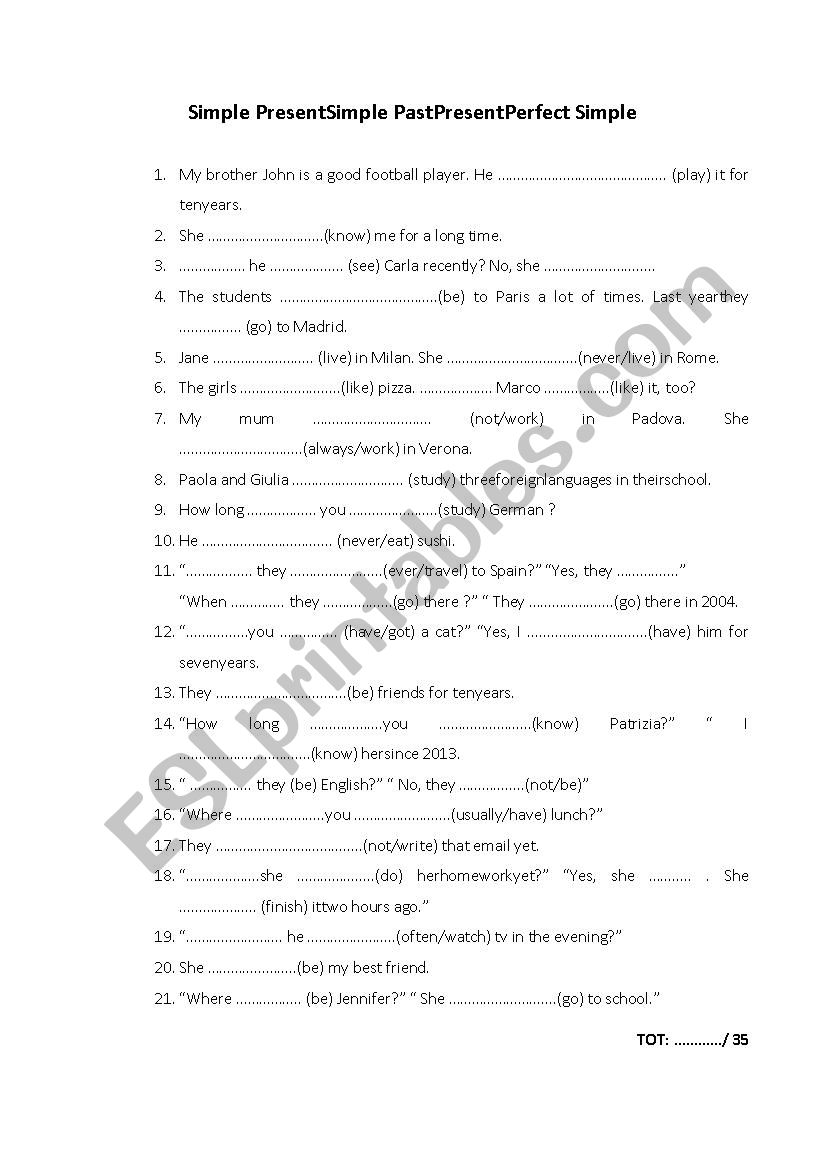
(Occasionally should is used in place of would with a first person subject – see shall and will. What is called the English conditional mood (or just the conditional) is formed periphrastically using the modal verb would in combination with the bare infinitive of the following verb. The conditional mood (abbreviated cond) is a grammatical mood used in conditional sentences to express a proposition whose validity is dependent on some condition, possibly counterfactual.Įnglish does not have an inflective (morphological) conditional mood, except in as much as the modal verbs could, might, should and would may in some contexts be regarded as conditional forms of can, may, shall and will respectively. An effect can in turn be a cause of, or causal factor for, many other effects, which all lie in its future. In general, a process has many causes, which are also said to be causal factors for it, and all lie in its past.

Old English ceosan "choose, seek out, select from two or more decide, test, taste, try accept, approve".Causality (also referred to as causation or cause and effect) is influence by which one event, process, state or object (a cause) contributes to the production of another event, process, state or object (an effect) where the cause is partly responsible for the effect, and the effect is partly dependent on the cause. Damian couldn't have chosen a better guard. He couldn't have chosen a more appropriate song. Right now he was wondering if he had chosen the right occupation. I have chosen this paper because I want the spray of violets in the corner to tell you of my grateful love. I thought I was marrying a man who had chosen a lifestyle compatible with mine. Examples of chosen (past participle) in context We chose a new cooker from the gas showroom. Gary could have used this time to prepare for the race, but he chose to fool around instead. We were given a choice between coconuts and starvation, and we chose coconuts. The contestant chose what was behind door number three. Examples of chose (past tense) in context They will be able to choose their own leaders in democratic elections.

Which should I choose, pasta or pizza? 4. I couldn't choose between the number of options before me.

So, in sum, we use ' chosen' when we want to form the past perfect tense or in modal verb constructions (i.e., I should have chosen something different). We use the past perfect when we want to clarify the order in which past events took place. The past perfect tense shows when an action took place before another event or action in the past. To form the past perfect tense, we use the past participle + ' had'. The second sentence, which uses the past participle ' chosen', forms a different tense in English called the past perfect tense, also known as pluperfect. The first sentence describes an action that is completed, or something that took place entirely in the past. ( simple past) By the time I arrived at the restaurant, they had already chosen a table. What’s the difference between chose and chosen? Chose is the simple past tense of choose, and chosen is the past participle.

That's the distinction here: choice is a noun, and functions as such in sentences whereas choose is the verb form of the noun, choice. Chosen is the past participle: Damian couldn't have chosen a better guard.Īs a matter of course, let's define subject topics first: the word choice, importantly, is a noun, and is defined as "to select from a number of possibilities pick by preference: ' the choice is yours to make'. Will choose is in the future tense: She will have to choose between her potential career options. Chose is the simple past: She chose an academic career. Choosing is the present participle: She's choosing to live a life on the fringes of society. Chooses is third-person present singular: If he chooses the wrong answer, he will be eliminated. To choose is the present tense: Why did you choose this restaurant? 2.


 0 kommentar(er)
0 kommentar(er)
